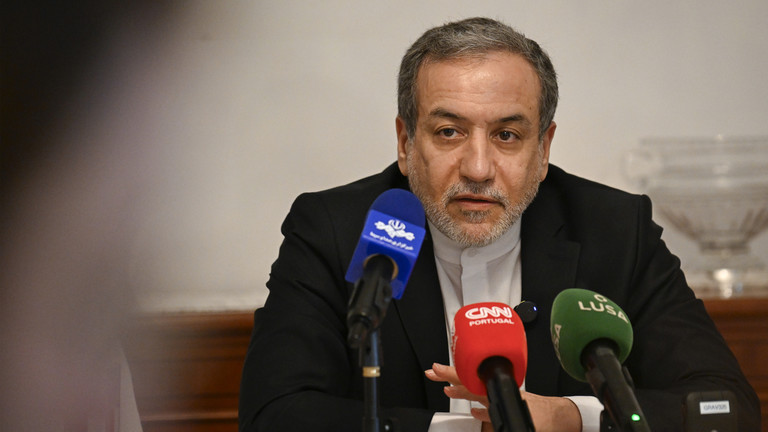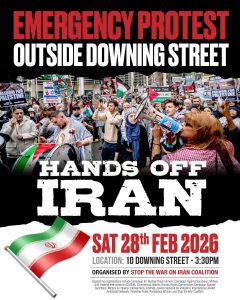Iran voiced its strong protest on 31 May against a report issued by the head of the UN nuclear watchdog regarding Tehran’s nuclear program, saying it was issued “with political objectives and through pressures,” is based in part on forged Israeli documents, and goes beyond the UN nuclear chief’s mandate.
Reuters reported Saturday that the International Atomic Energy Agency (IAEA) issued a report claiming that Iran was in non-compliance with its obligations under the Nuclear Non-Proliferation Treaty (NPT).
The report, provided by IAEA head Rafael Grossi to the Board of Governors, claimed that Iran carried out secret nuclear activities with material not declared to the UN nuclear watchdog at three locations decades ago.
Western diplomats plan to use the report to pressure Iran at the UN Security Council and in ongoing negotiations with the US over its nuclear program, Reuters added.
Another report issued by the IAEA claimed that Iran’s stock of uranium enriched to up to 60 percent purity had grown by roughly half, enough for nine nuclear weapons if further enriched to 90 percent purity.
In response, Iran’s Ministry of Foreign Affairs and the Atomic Energy Organization of Iran (AEOI) issued a joint statement on Saturday.
The statement said that the governments of the UK, France, Germany, and the US have repeatedly violated their commitments under former nuclear agreements with Iran, including the Joint Comprehensive Plan of Action (JCPOA) and Security Council Resolution 2231, while simultaneously resorting to imposing illegal unilateral sanctions and pressures against the Islamic Republic in breach of international law.
The statement emphasized that Iran has continued to engage in extensive, good-faith cooperation with the IAEA and that the European Troika and the US “have spared no effort to use the agency for leverage in the ongoing political process.”
It added that the IAEA report does not accurately reflect the level of cooperation with the agency and relies extensively on forged documents provided by Israel, which recycle previous biased and unfounded accusations.
“The allegations leveled in the current report are based on a few claims about undeclared activities and locations from past decades. This is while Iran has repeatedly declared that it has had no undeclared nuclear sites or activities. At the same time, Iran has given the IAEA access to the alleged locations, allowing sampling, and providing detailed information and explanations on various occasions regarding the history of the alleged sites, providing the necessary cooperation with the agency,” the statement clarified.
The IAEA report also makes an improper distinction between obligations under the NPT and voluntary commitments under the JCPOA, presenting some of Iran’s voluntary actions as binding legal obligations.
Further, the report invokes “unreliable and misleading information provided by the Zionist regime as a non-NPT party possessing weapons of mass destruction and responsible for the most heinous crimes against humanity, including genocide, contradicts the professional verification principles of the IAEA.”
The Foreign Ministry and AEOI reiterated that nuclear weapons have no place in the nation’s defense doctrine, according to a religious ruling (fatwa) issued by former Iranian Supreme Leader Ayatollah Ruhollah Khomeini, and that there is no prohibition under international law for any country to develop nuclear technology for producing energy.
The statement affirmed that Iran’s enrichment program is solely for peaceful purposes, is fully transparent, is under complete IAEA supervision, and is in accordance with the Comprehensive Safeguards Agreement.
On Saturday, Iran said it received a proposal from the US, passed on by Oman, about a possible agreement over Tehran’s nuclear program.
Foreign Minister Abbas Araghchi said the US proposal had been delivered by the Foreign Minister of Oman, Badr bin Hamad Al-Busaidi, and that it would be “appropriately responded to in line with the principles, national interests, and rights of the people of Iran.”


